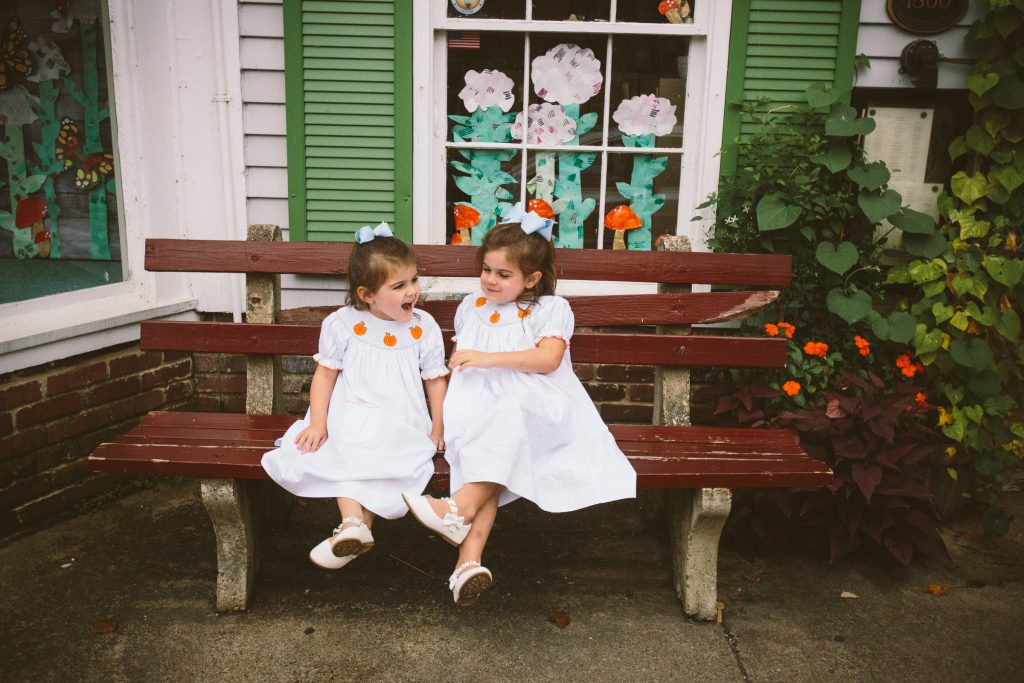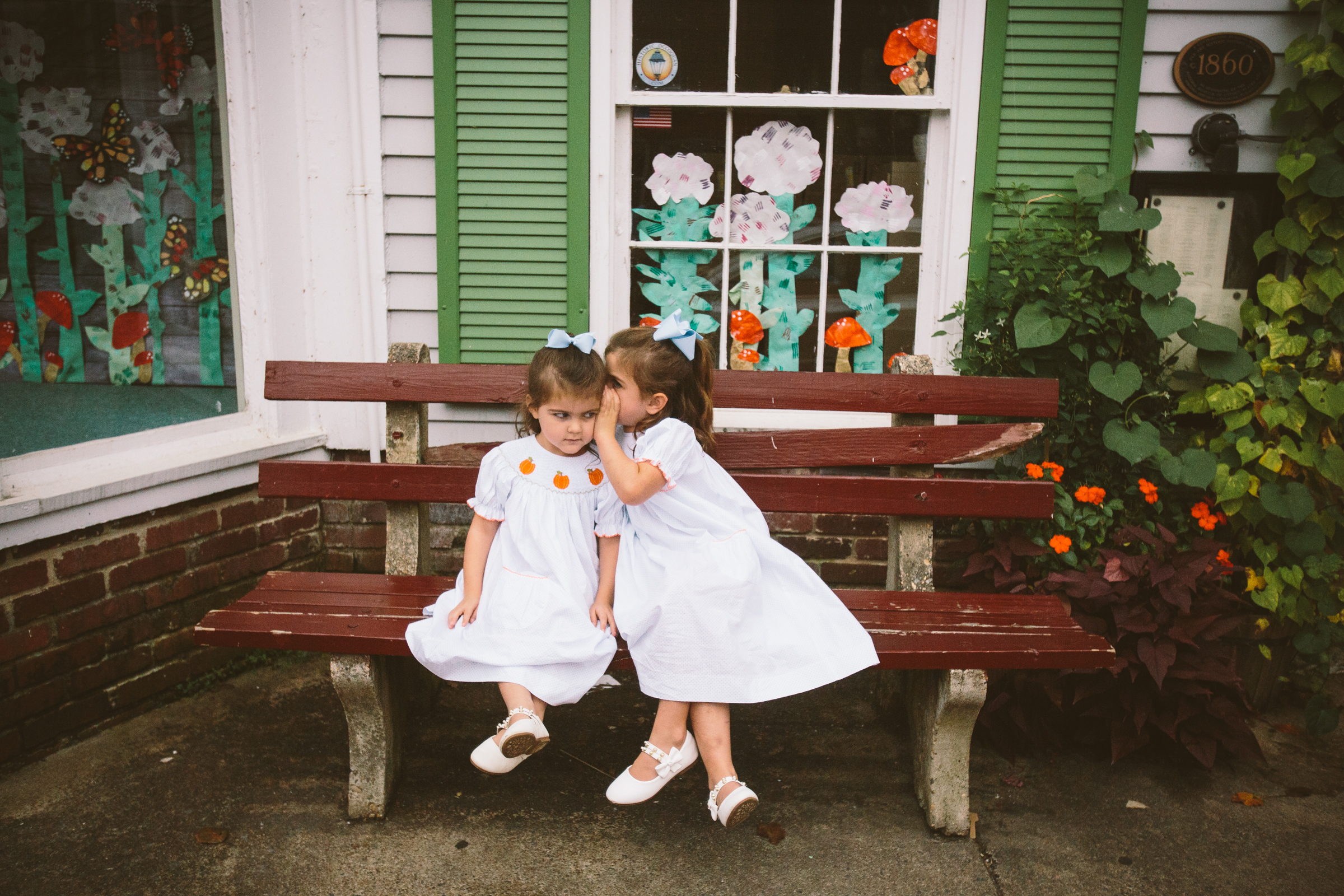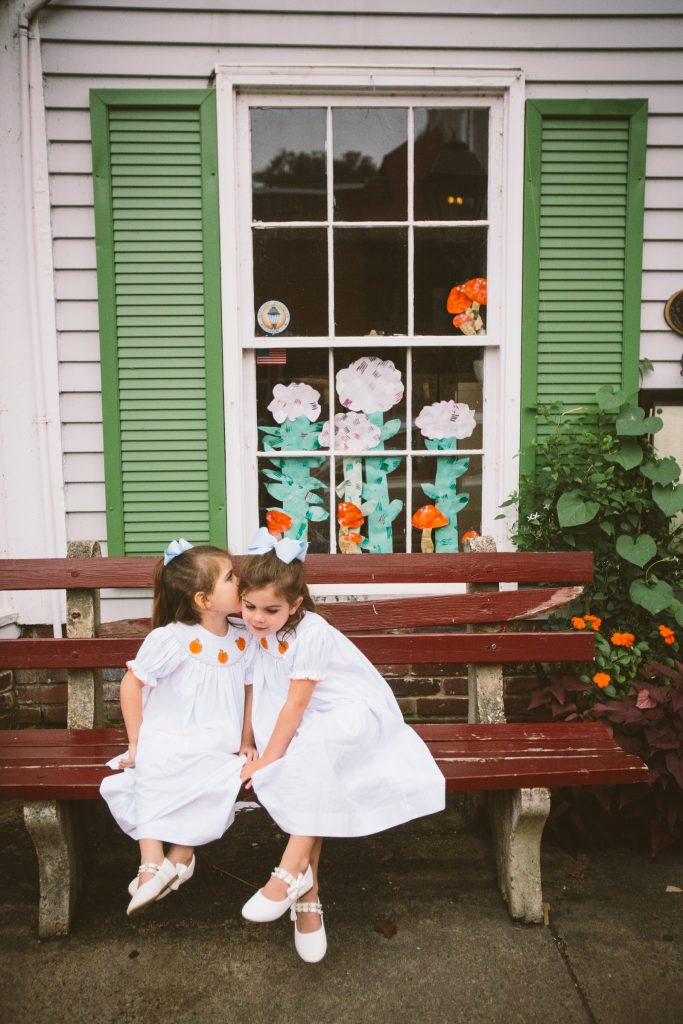Unless you’re a writer, you probably don’t think of yourself as a storyteller. But consider this: Whether face-to-face, by phone, by letter (for the few old-schoolers out there)—even by text, though that tends to be a tad disjointed—every time you “catch up” or spread news to family or friends, you are telling a story.
Some cultures consider oral storytelling to be an integral part of society and honor the storyteller as an esteemed member of the community. (World Storytelling Day is celebrated every year on or near the Spring Equinox, March 20th.) Storytellers still play in important role in Inuit, Irish, Indian, Iranian, … perhaps it’s something to do with the I. West African, Such storytellers hone their craft by training, practicing their skills, sometimes even undergoing formal apprenticeships. Pass on history, teach survival skills, warn about social taboos, and entertain.
Want to do it better? Check these tips!
Senses
Don’t always depend on what you see or hear. Sometimes focus on what you feel, smell, or taste. Use all your senses. Were you dizzy? Hot or cold?
Details
Be specific. When you report on fall foliage, say whether you’re talking about oaks or maples. What flowers are in the garden or bouquet? Is that Christmas tree a white pine or a blue spruce?
Showing
We tend to talk about telling a story, but it’s better to show. “My boss really pissed me off” versus “My face must have been rage red, and I had to bite my tongue to keep from yelling back.”
Motivation
Actions can be interpreted many ways. Your listener/reader wants to know why it happened. The more drastic the action, the stronger the motivation. Even something as simple as slamming a door means little unless you set the stage for anger, fear, time pressure, etc.
Conflict
Conflict makes for a good story. Do people want different things? It could be as simple as dinner in vs. dinner out. Or it could be as important as whether to adopt a child. Or maybe you are talking about someone who has to overcome an obstacle—pay off a loan, recover from an injury, etc. But sometimes people are in conflict with themselves: whether to buy a car or a truck; whether to find a second job or cut spending; whether to break up for good this time.
Context
People want to know when and where things are happening. Is this news or a review of past events? When did the theft happen? And where? And where is the speaker now?
Focus
And stay focused. Is what you were wearing when your spouse went to the ER important? Does it matter that the food was similar to what you ate at Auntie Milicent’s retirement dinner?
“There is no greater agony than bearing an untold story inside you.”
Maya Angelou
At this time off year, we often see or at least talk to people not privy to our daily lives. Good luck holding your own in those conversations!
BOTTOM LINE: We’re all storytellers. Be the magnet, not the bore!


